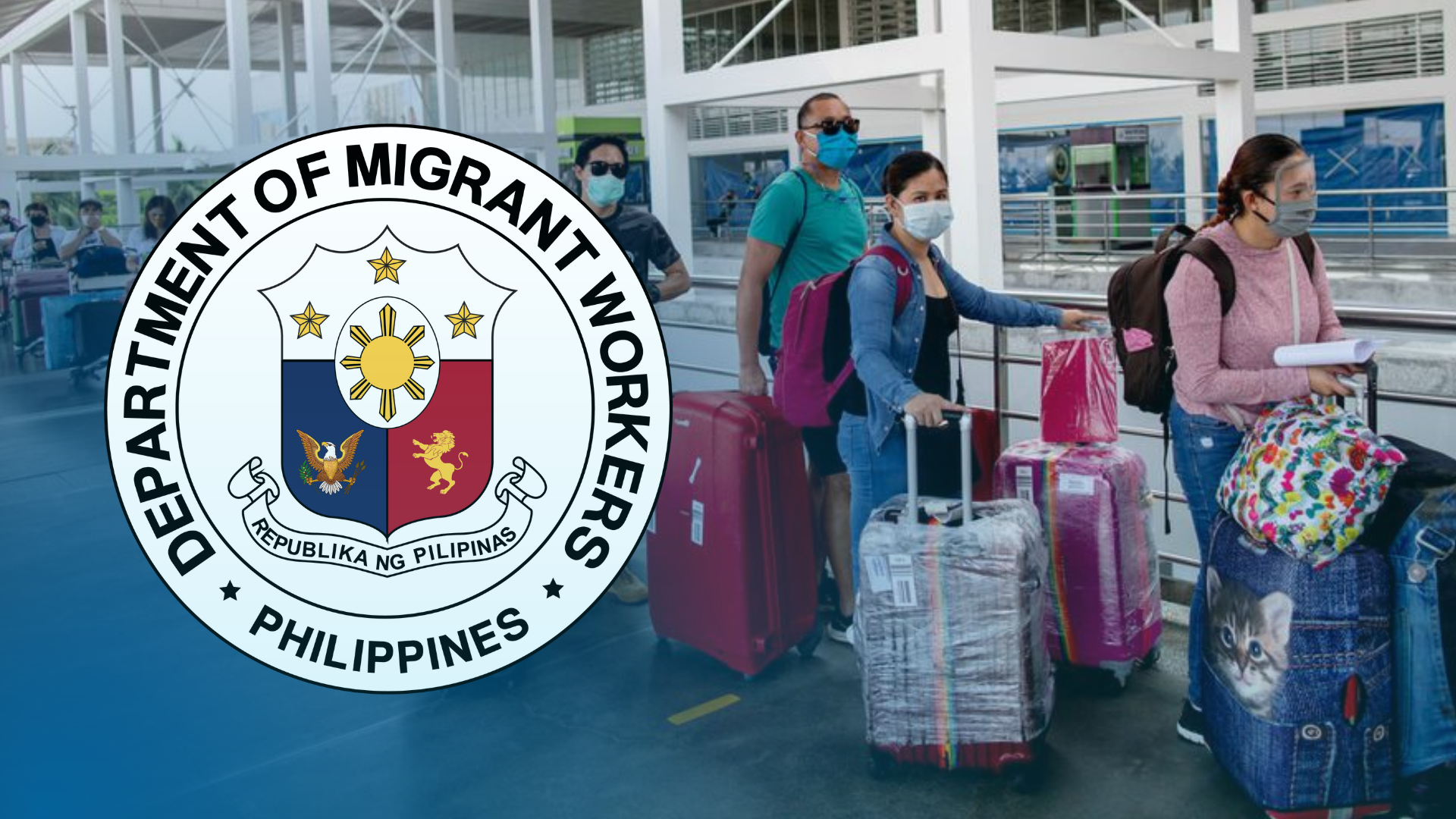
INQUIRER FILES
MANILA, Philippines – The Philippines has repatriated 488 overseas Filipino workers (OFWs) and their dependents from Lebanon amid heightened tensions between Israel and Hezbollah, the Department of Migrant Workers (DMW) said on Wednesday.
During the Bagong Pilipinas Ngayon briefing over PTV4, DMW Secretary Hans Leo Cacdac said the government is responding to President Ferdinand R. Marcos Jr.’s directive to secure the safety and welfare of Filipinos affected by the conflict in Lebanon.
“Since Day 1 ano na pumutok ang hidwaan at sigalot sa pagitan ng Israel Defense Forces at Hezbollah noong Oktubre 2023, mahigit kumulang 460 OFWs from Lebanon ang nakauwi at kasama ang kanilang 28 dependents o anak, so ang kabuuang bilang ay 488 (Since Day 1 when the conflict between the Israel Defense Forces and Hezbollah began in October 2023, roughly 460 OFWs from Lebanon have returned along with 28 dependents, bringing the total to 488),” Cacdac said.
READ: 192 Filipinos from Lebanon set to be repatriated, DMW confirms
He reported that an additional 514 OFWs are expected to be repatriated soon.
Of these, 264 have booked commercial flights, while 250 are awaiting exit clearances from Lebanese immigration authorities.
“We will keep on coordinating (with the Lebanese immigration authorities), cooperating through our embassy on the ground, and of course, we will prepare them for flights, OFWs natin, once they get their respective clearances out of Lebanese immigration,” he said.
Cacdac, meanwhile, confirmed that 192 Filipinos are currently staying in government-provided shelters across Beirut, with social workers and medical workers assisting.
READ: Marcos thanks Herzog for keeping Pinoys safe in Israel amid conflict
“Apat ang shelters natin sa Lebanon, tatlo pa lamang ang napupuno. Tatlo pa lamang ang ginagamit natin at mayroon tayong mga social worker, mayroon tayong doktor, mayroon tayong nurse na nagsasagawa ng rounds at kinakamusta sila, inaasistihan ang sinuman na kailangan ng tulong (We have four shelters in Lebanon, and three are currently full. Only three are in use and we have social workers, doctors, and nurses doing rounds and assisting anyone who needs help),” he said.
When asked why most of the 11,000 OFWs in Lebanon, primarily domestic workers in Beirut, have chosen to stay despite the voluntary repatriation program, Cacdac said it is due to emotional ties and financial reasons.
“As to whether or not some will decide to go home remains to be seen. But I would also attribute this to the nature of the work of our OFWs in Lebanon, in Beirut. Karamihan nasa Beirut (Most of them are in Beirut). They are in domestic work. They live or they stay with their employer households, so they have a sense of personal commitment and dedication to their work, loyalty to their employers,” he said.
Cacdac acknowledged that while some employers are reluctant to release workers, the labor attachés, along with the welfare officers of the Overseas Workers Welfare Administration (OWWA), have successfully negotiated for their release in many cases.
“And in fairness to the employers, generally speaking, they have been cooperative. Ginagalang nila iyong kagustuhan ng ating mga OFWs na manumbalik (They respect the wishes of our OFWs to return home),” he said.
Cacdac said the government is prepared to escalate efforts if the conflict worsens and Alert Level 4 or mandatory repatriation is raised.
“We stand ready. The President, while at work in the Asean Summit and the sidelines of the Asean Summit in Vientiane, Laos last week, ordered all the relevant departments – DMW, DFA (Department of Foreign Affairs), and the DND (Department of National Defense) – to stand ready in the event of mandatory repatriation and ordered all of us to mobilize our resources and assets,” he said.
Each repatriated OFW will get PHP150,000 in financial assistance from the DMW and OWWA, as well as psychosocial services.